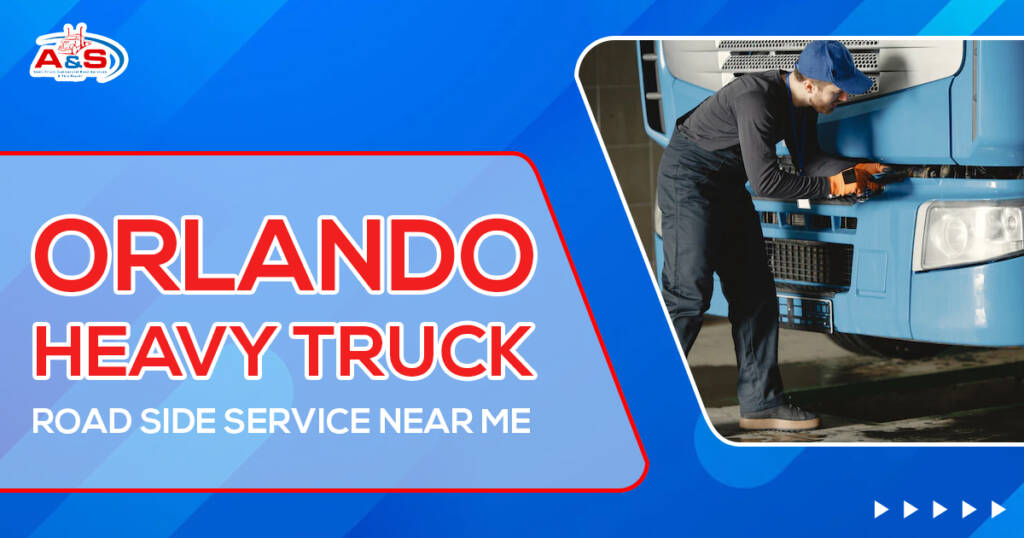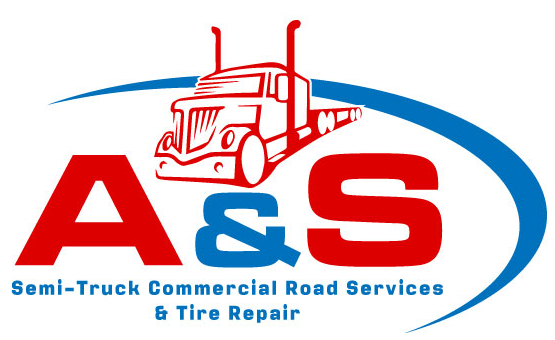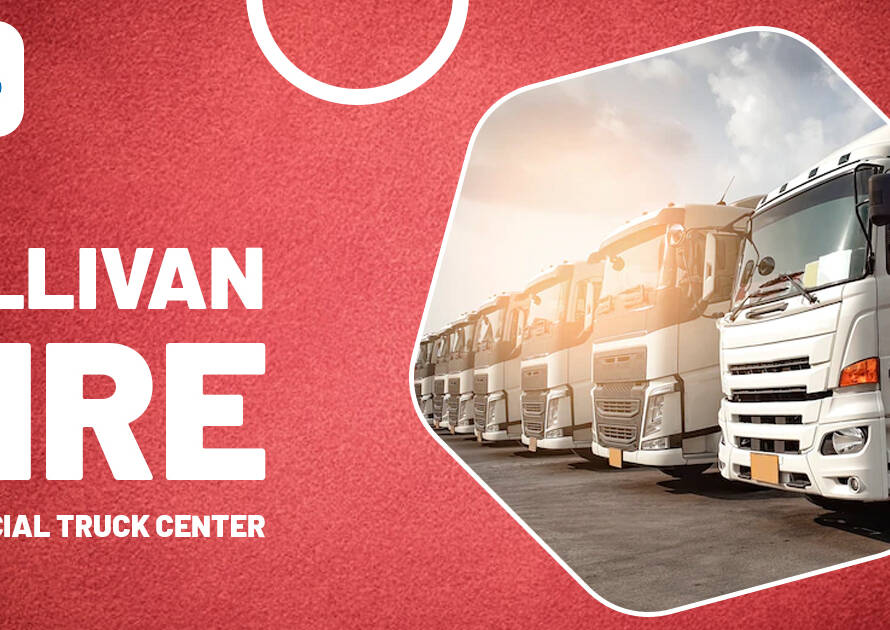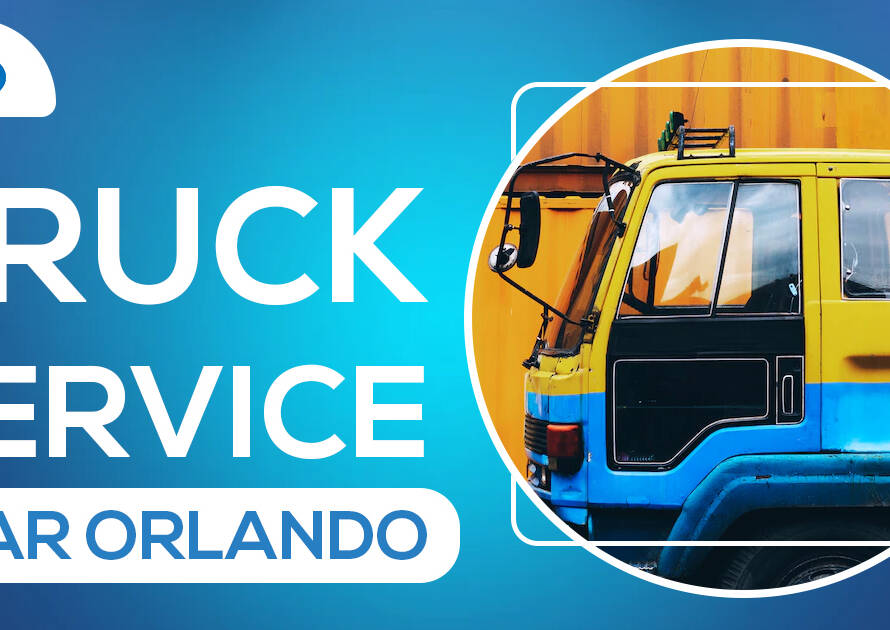What exactly is an Orlando heavy truck roadside service near me, then? The Different Types of Trucks break into eight different classes across the North American continent. Heavy-duty trucks start at the Class 7 level and go up to the Class 8 level. We can categorize trucks according to the maximum weight they can carry when fully loaded. The phrase “Gross Vehicle Weight Rating,” or GVWR for short, serves as the foundation for this measurement. Please continue reading to gain an understanding of what a heavy truck is as well as the categorization that underlies it.
How Does the Classification System for Trucks Work?
We commonly use the gross vehicle weight rating (GVWR) as the basis for classifying Orlando heavy truck roadside service near me. Following regulations established by the government, manufacturers must mark their vehicles in this manner. It refers to the maximum load weight that the car can transport in addition to the full weight of the truck itself when fully loaded. This accounts for the total weight of everything, which includes the following items:
Cargo \sFuel \sPassengers
The tongue of the trailer
The categorization of trucks exists to contribute to the regulation of safety. In addition, it is helpful when registering a car and designating a business as a commercial enterprise. A plaque showing the GVWR is attached to the door on the vehicle’s passenger side.
Classification of Orlando heavy truck roadside service near me
Although there may be no upper limit to the GVWR that may carry by Class 8 vehicles, this is not the case. There is also a Class 9 category, consisting of specialized delivery vehicles and ultra-heavy trucks with weights greater than 60,000 pounds. Under the Federal Bridge Gross Weight Formula guidelines, we may adjust the weight on a case-by-case basis (FBGW Formula). Because of this equation, moving weights that are both longer and heavier over interstate roadways is feasible without risking injury. A lengthier 18-wheeler, which may weigh up to 80,000 pounds and may not seem to belong to any category, is an example of this. When pulling a trailer, most Orlando heavy truck roadside service near me trucks have a gross combined weight of at least 80,000 pounds when the trailer is attached to the vehicle.
Heavy Duty Trucks & Diesel Engines
Even diesel engines are broken down into distinct subcategories when it comes to Orlando heavy truck roadside service near me. Based on their GVWR, the diesel engines that are utilized in these automobiles are further classified into the following service classes:
Light Heavy-Duty Diesel Engines, abbreviated as LHDDE, are diesel engines that we design ready for installation in automobiles of Classes 2B to 5 with a gross vehicle weight rating of between 8,501 and 19,500 pounds.
Medium Heavy-Duty Diesel Engines, sometimes abbreviated as MHDDE, are diesel engines intended for installation in automobiles of Classes 6 and 7 with a gross vehicle weight rating of between 19,501 and 33,000 pounds.
Heavy-Duty Diesel Engines, also known as HHDDEs, are designed to be installed in heavy-duty trucks with a gross vehicle weight rating (GVWR) of more than 33,000 pounds and classified as Class 8 or above.
The semi-truck, sometimes known as a tractor-trailer, is currently the most common and well-known type of heavy truck. The decade 1910s saw the first commercial design of this product.

The Significance of Conducting Routine Wheel Alignment Checks
The proper alignment of a vehicle’s wheels is essential for safe driving. Nevertheless, it is necessary in the context of the vehicles utilized in the transportation sector. As was just said, improper alignment of large trucks can have negative consequences on the following:
Steering and maneuverability of the truck
Use and abuse of the tire
Driver tiredness
Fuel consumption
Each of these elements, on its own or in combination with the others, can generate potentially hazardous circumstances. When you take your heavy vehicles in for routine wheel alignment tests, you are helping to prevent potentially dangerous scenarios that might arise as a result of several various difficulties.
Improved safety
When you take your heavy truck in for routine wheel alignment tests, you are helping to improve both the performance of the steering wheel and the performance of the vehicle as a whole. When done correctly, wheel alignment brings about improvements in how a car handles the road. The driver won’t have to adjust the steering because of this feature constantly. This helps to decrease issues such as driving tiredness, which is vital for ensuring the driver’s safety during lengthy travels on interstate highways.
We may also create a good experience with accurate wheel alignment. When the wheels on your vehicle are out of alignment, it might pull to one side or experience tremendous vibrations, both of which can put you in potentially dangerous circumstances. It is essential to get your heavy truck or commercial road train’s wheels checked for alignment regularly, regardless of whether or not you own the vehicle.
Reduction in cost
As is clear from the issues that have been presented thus far, correct alignment of heavy trucks can result not only in fewer problems but also in more significant cost savings. This is because having your vehicle properly aligned lowers the likelihood of any issues occurring while you are behind the wheel. As a result, you will be able to avoid the following difficulties, as well as the possible expenses associated with fixing them:
Increased frictional wear and tear
increased tread degradation
increased use of gasoline and diesel
Steering that is less sensitive to inputs.
Threats that might encounter on the route.
These issues can increase the likelihood of people getting into car accidents, resulting in a significant monetary loss in insurance claims, vehicle repairs, potential injuries, and other associated costs. Driving with wheels that are not correctly aligned can potentially harm the vehicle’s suspension system.
Conclusion
The safe operation of any Orlando heavy truck roadside service near me and the driver’s ability to maintain control requires that the wheels be appropriately aligned. This is of greater significance for huge trucks because of the massive loads they transport. It does not matter if you are the sole operator of an independent heavy truck or the owner of a fleet of substantial commercial vehicles; your trucks must always be maintained to operate at the highest possible level.
It would help if you went with a reputable, reputable provider with the appropriate licenses when it comes to the maintenance of your big vehicles. Feel free to contact the knowledgeable staff at TMS TruckMaster if you need any more information or direction about the upkeep of your fleet or an individual truck.



